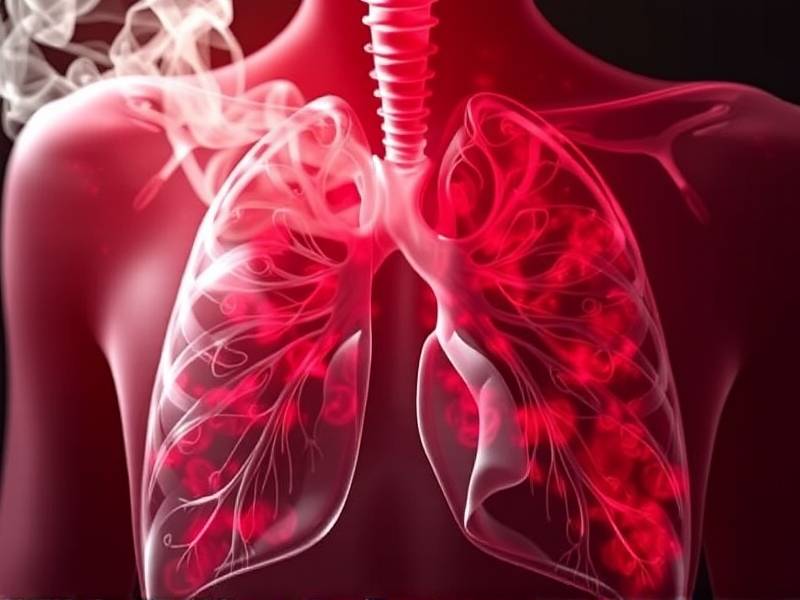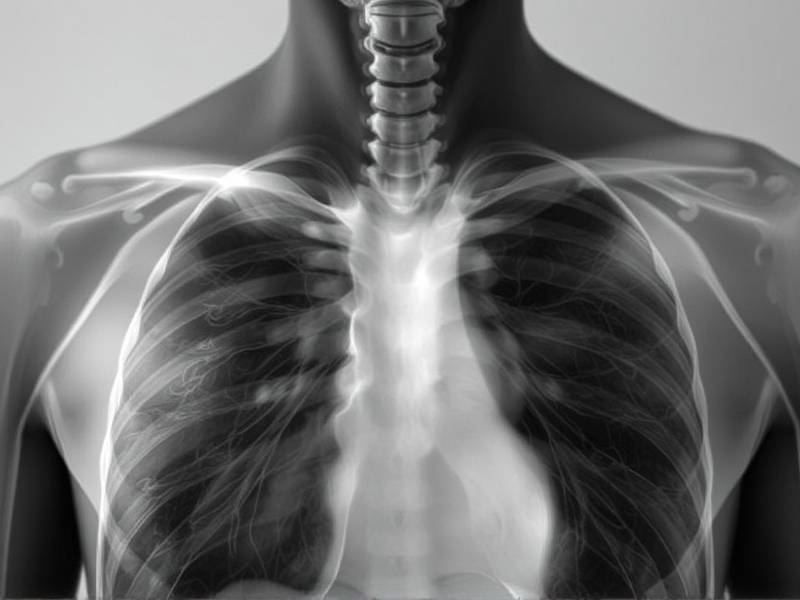Does Emphysema Stop When You Quit Smoking? The Truth You Need to Know
Does Emphysema Stop When You Quit Smoking? The Truth You Need to Know
Introduction: Emphysema, a chronic lung disease, is often associated with smoking. But what happens when you quit? Does the damage caused by years of smoking reverse? In this article, we delve into the truth behind emphysema and quitting smoking, providing you with valuable insights to make informed decisions about your health.
Understanding Emphysema: Emphysema is a progressive lung disease characterized by the destruction of the air sacs in the lungs. This leads to difficulty in breathing as the lungs lose their elasticity. Smoking is the leading cause of emphysema, as it damages the walls of the air sacs, causing them to collapse and making it harder for oxygen to reach your bloodstream.

The Impact of Quitting Smoking: The good news is that quitting smoking can significantly slow down or even halt the progression of emphysema. According to research from the American Lung Association, within 1-9 months after quitting, your risk of heart attack starts to decrease. After one year, your risk of stroke drops significantly.
The Timeline for Recovery: While quitting smoking can help slow down emphysema progression, it's important to understand that recovery doesn't happen overnight. The timeline for recovery varies from person to person but generally follows this pattern:
- 1-3 months: Improvement in lung function and a decrease in shortness of breath.
- 6 months: A reduction in coughing and phlegm production.
- 1 year: Continued improvement in lung function and overall quality of life.
- 5 years: A significant reduction in risk for heart disease and stroke.
- 10 years: The risk of lung cancer decreases by half compared to a continuing smoker.
Lifestyle Changes for Faster Recovery: In addition to quitting smoking, adopting a healthy lifestyle can accelerate your recovery from emphysema:
- Regular Exercise: Engaging in moderate exercise like walking or swimming can improve lung function and overall fitness.
- Balanced Diet: A well-balanced diet rich in fruits, vegetables, whole grains, lean proteins, and healthy fats can provide essential nutrients for recovery.
- Avoid Exposure to Air Pollutants: Minimize exposure to dust, pollen, smoke from other sources (like cooking), and chemical fumes.
Conclusion: Quitting smoking is an essential step towards reversing emphysema's progression and improving your quality of life. While recovery takes time, making positive lifestyle changes can accelerate your journey towards better health. Remember that it's never too late to quit smoking—start today!

